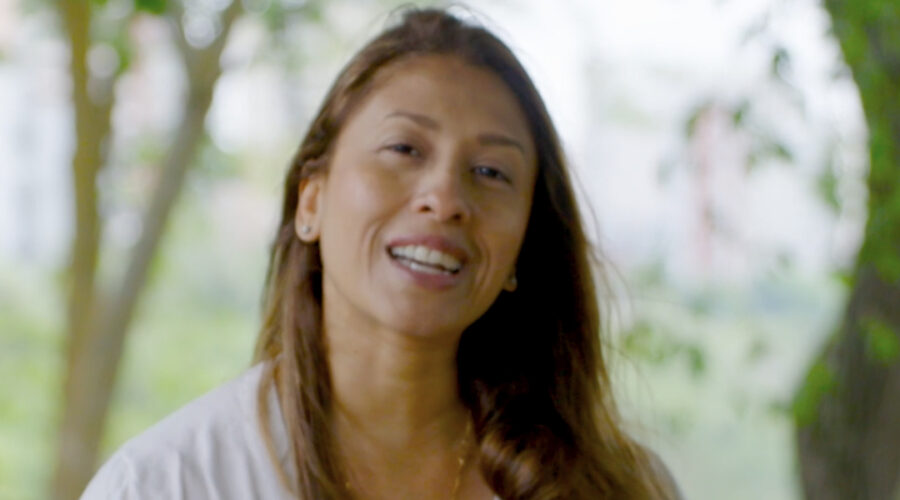ARTICLES, INTERNET SAFETY. FACTS ABOUT CYBER BULLYING, WHAT IS BULLYING? HOW TO STOP KIDS BULLYING NOW
Strategies to Manage Anxiety Attacks

Experiencing an anxiety attack can be scary, and symptoms can vary from person to person. Fortunately, there are effective strategies to help you deal with these intense moments and minimize their impact. This article will outline the essential steps to cope with an anxiety attack.
The first step when having an anxiety attack is to recognize it. Trying to fight or deny it will only make you more anxious. Instead, understand that it’s temporary intense anxiety, not a life-threatening crisis. Reframing your thought this way will help you regain a sense of control.
Next, focus on your breathing. Anxiety attacks often lead to rapid, shallow breathing or hyperventilation, making you feel even more afraid and anxious. To help bring your attention back to your breath, try practicing “box breathing.”
This technique has four simple steps, just like the sides of a box:
- Take slow, deep breath through your nose while counting to four in your mind.
- Intentionally hold your breath for a count of four.
- Gradually exhaling through your mouth for a count of four.
- Repeat these steps four times.
Box breathing helps slow your heart rate, calm your nervous system, and promote relaxation. Grounding techniques can also be helpful during an anxiety attack. These exercises help you reconnect with the physical world, taking your mind off the overwhelming anxiety.
One simple grounding technique involves using your senses and counting backwards:
- Name five things you can see.
- Touch or feel four things around you.
- Name three things you can hear.
- Name two things you can smell.
- Name one good thing about yourself or taste something.
Describing your surroundings can divert your focus from your internal anxiety to the reality around you.
Another effective method is progressive muscle relaxation. It involves tensing and relaxing different muscles, starting from your toes and gradually working your way up to your face. This practice can help alleviate the physical tension of an anxiety attack.
You can use or combine one of these techniques to ease your anxiety attack. It’s essential to practice these skills when your anxiety is low to build confidence and mastery. This way, it becomes easier to implement them during an attack. Take care of your basic needs by engaging in frequent physical activity, getting enough sleep, and maintaining a healthy diet. These self-care practices can reduce the frequency and intensity of anxiety attacks over time. However, if the attacks persist, seeking professional help is paramount. Therapists and mental health professionals can provide personalized techniques and strategies to manage your anxiety effectively.
Lastly, remind yourself that anxiety attacks are distressing but temporary and manageable. You can navigate these challenging moments and emerge stronger with the right techniques and support. Mastering anxiety is a journey that requires time and effort, and every small step forward is a victory in itself.
By Shweta Cunningham







